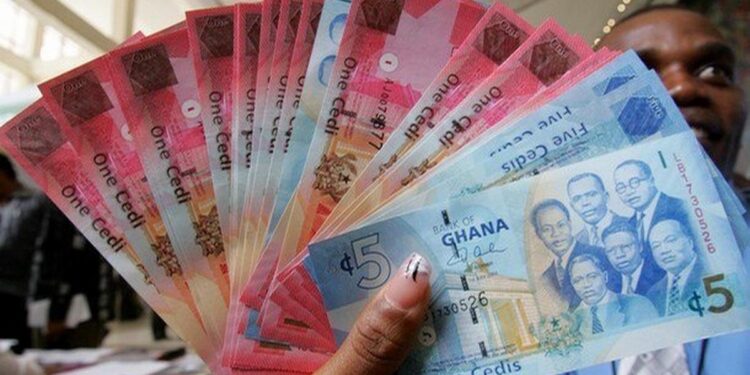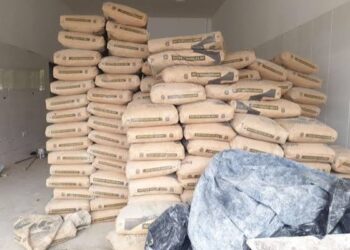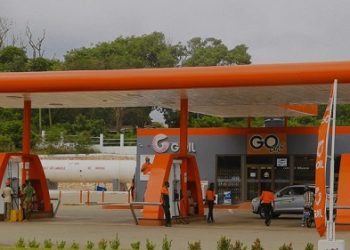The cedi suffered a steep decline in value against the world major currencies in the third quarter of the year.
The local currency depreciated against the US dollar, the British pound, and the euro by 37.5 per cent, 24.1 per cent, and 27.5 per cent, respectively, on a year-to-date (YTD) basis as of September.
Investment advisors, Sem Capital Advisors disclosed this in their third quarter investment update shared with the Daily Graphic.
Causes
The depreciation of the cedi relative to the major currencies can be attributed to foreign investors reducing their exposure to local bonds due to the three credit rating agencies (Fitch, S&P and Moody’s) downgrading of the country’s bonds to junk status.
Ghana’s inability to access the international bond market to support its foreign reserves can also be considered as a factor for the depreciation of the cedi.
Another factor is the Russia-Ukraine war. The war has a negative impact on the global supply chain, disrupting the flow of goods, which consequently led to sharp price increases for commodities of which Russia and Ukraine are large global suppliers.
Ghana’s dependence on imports resulted in an increase in the demand for foreign currency, leading to further depreciation of the cedi and high inflation rates.
Stock market
The GSE Composite Index (GSE-CI) and GSE Financial Stock Index (GSE-FSI) closed the third quarter of 2022 with YTD returns of negative 11.8 per cent and negative 3.80 per cent, respectively, compared to 47.06 per cent and 15.28 per cent at the end of September 2021.
The GSE-FSI performed better than the GSE-CI due to major price recoveries in ACCESS, TBL, and SIC.
During the quarter, there were four gainers.
ACCESS was the top gainer with a quarterly return of 59.76 per cent, closing the quarter at GH₵4.01.
The second gainer for the quarter was TBL with a quarterly return of 9.09 per cent. BOPP was the third gainer, ending the quarter at GH₵6.48, which represented an eight per cent quarterly gain.
SIC was the fourth gainer, ending the quarter at GH₵0.33, representing a quarterly gain of 6.45 per cent.
On the other hand, GCB led the pack of 12 losers, ending the quarter at GH₵4.
GCB Bank’s loss represented a quarterly loss of 20 per cent and was followed by SOGEGH, which ended the quarter at GH₵1, representing a 15.25 per cent quarterly loss.
The other losers were EGH, ETI, UNIL, CMLT, GGBL, EGL, MTNGH, GOIL, SCB, and MAC.
Prices of 14 stocks remained flat.










Discussion about this post